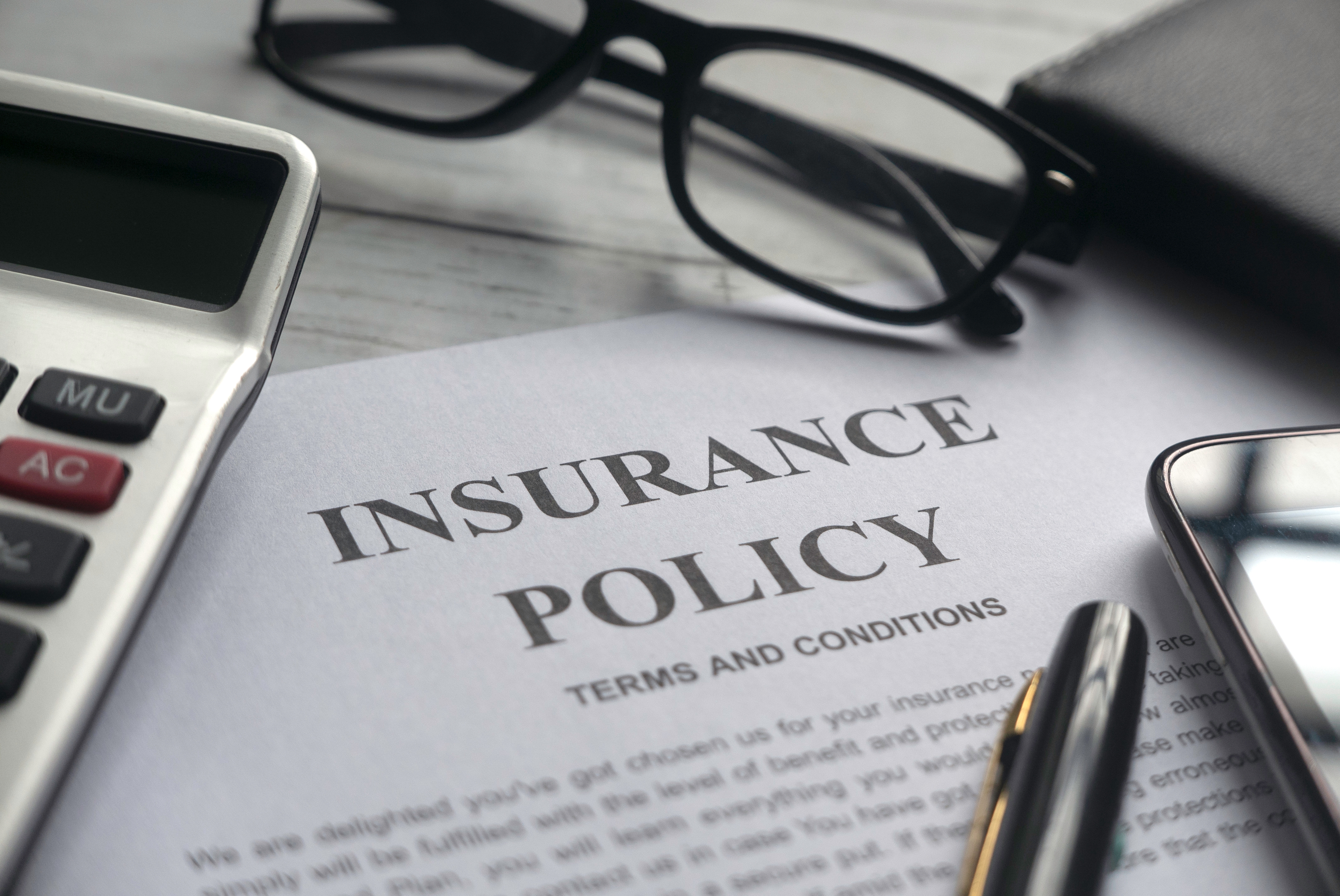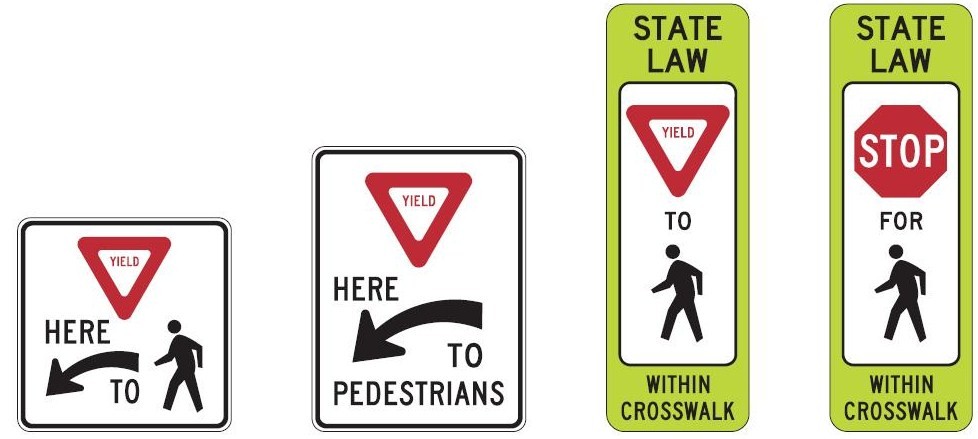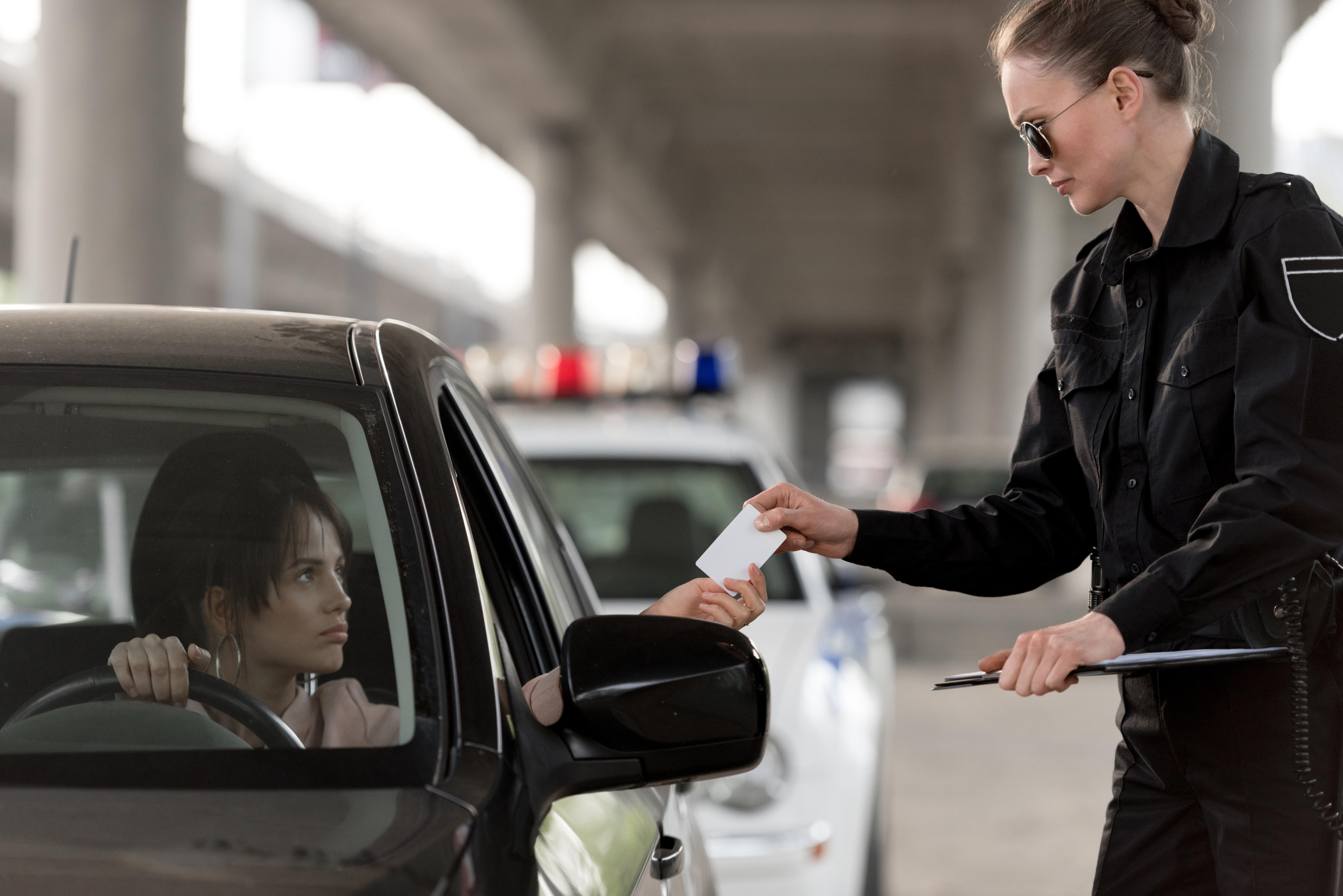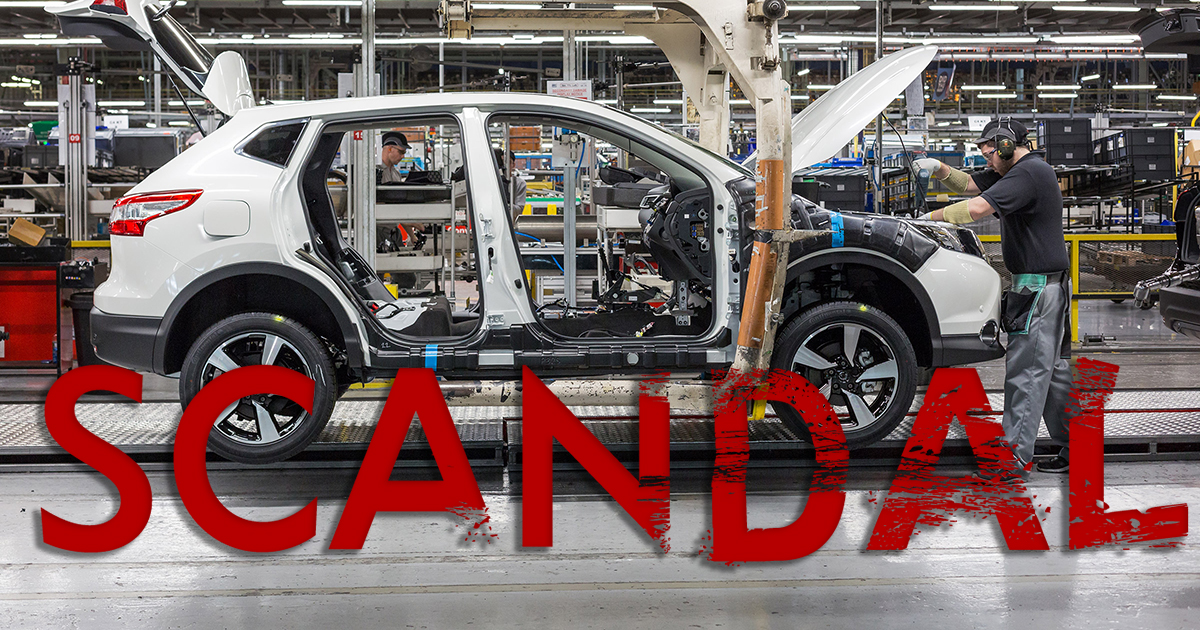Top 10 American Car Laws To Know
Motor vehicle laws vary across the United States, with traffic speeding laws differing by state. Here are the top ten categories of laws drivers should know before planning a trip.
Insurance

In all states except New Hampshire, liability insurance is mandatory to cover the other driver's costs in a collision. Optional collision insurance protects the driver's car.
Speeding

The general speed limit on U.S. highways is 65 mph, with higher limits in some rural areas. Penalties for speeding increase with the driver's speed, and they are often enforced at 10+ mph over the limit.
Driving under the Influence

Driving under the influence of drugs or alcohol is illegal nationwide, with most states setting a 0.08% blood alcohol limit. Penalties escalate after the first offense, with no minimum limit for drug impairment.
Yield for Pedestrians

Drivers must yield to pedestrians in all states, though right-of-way laws vary. Extra penalties often apply when pedestrians are in crosswalks.
Move Over for Emergency Vehicles

State laws require drivers to move over for emergency vehicles or slow down by 10 mph below the speed limit if unable to change lanes.
Registration

All states require vehicle registration, annually or biannually, enabling excise tax collection.
Inspection

Most states require annual safety inspections, covering areas like brakes and tires, with some also mandating emissions checks.
Child Restraints and Safety Belts

Every state except New Hampshire requires seat belts, though New Hampshire mandates them for passengers under 18. Car seat laws vary, with most requiring booster seats for children under 8 or shorter than 4'9".
Distracted Driving

Many states now enforce laws against distracted driving, with some requiring hands-free phone use and others banning texting while driving.
Licensing Laws

Driver licensing laws vary by state, but most allow licensing at 16 after completing driver training and passing written and road tests. It's important to check local laws before driving in an unfamiliar state to avoid penalties.







